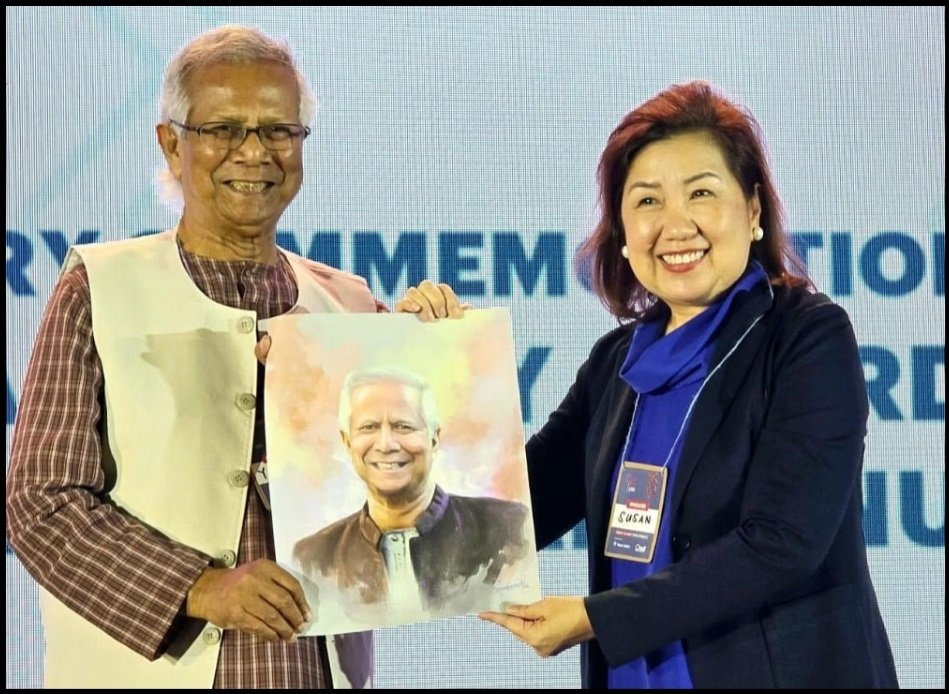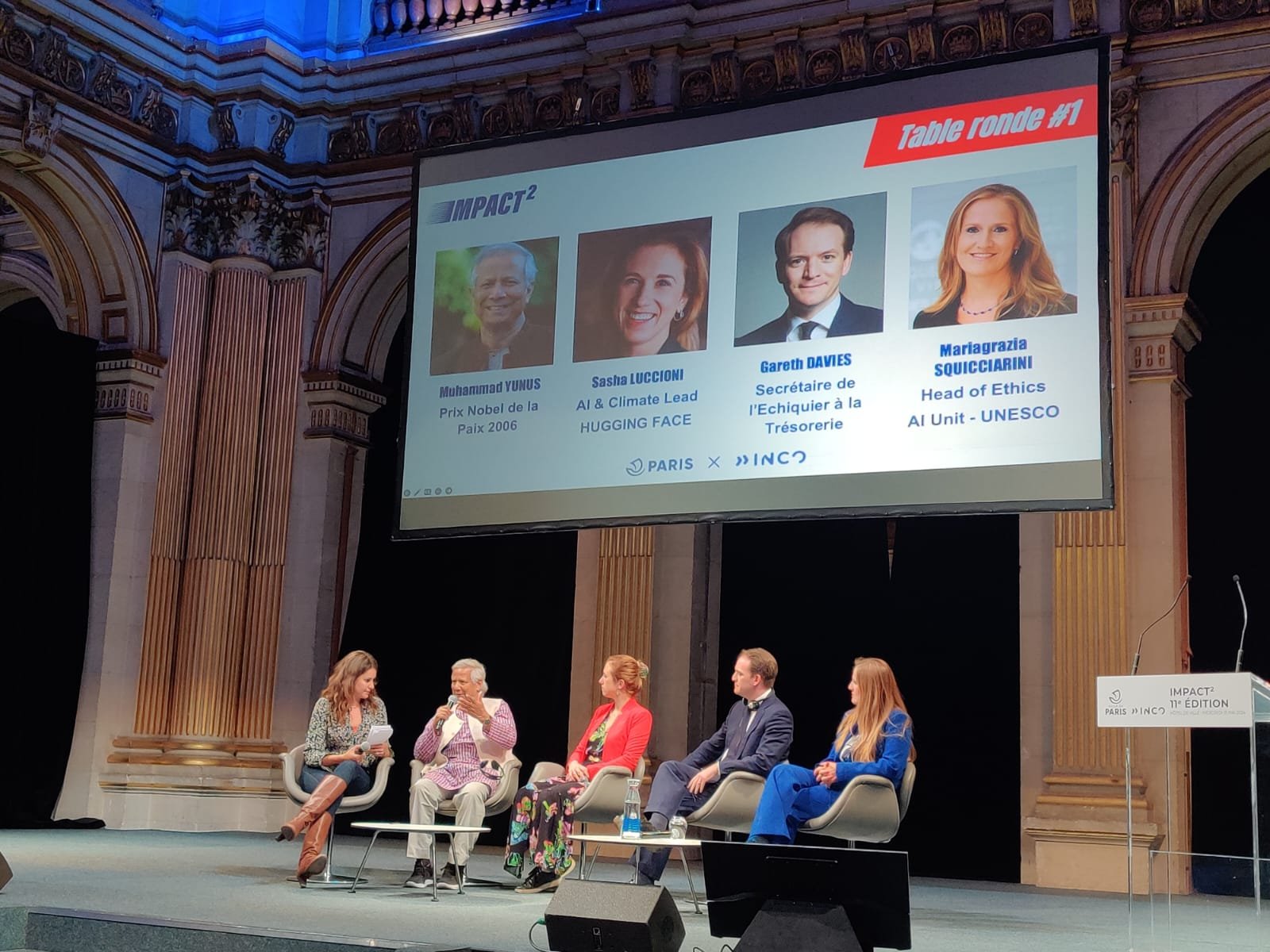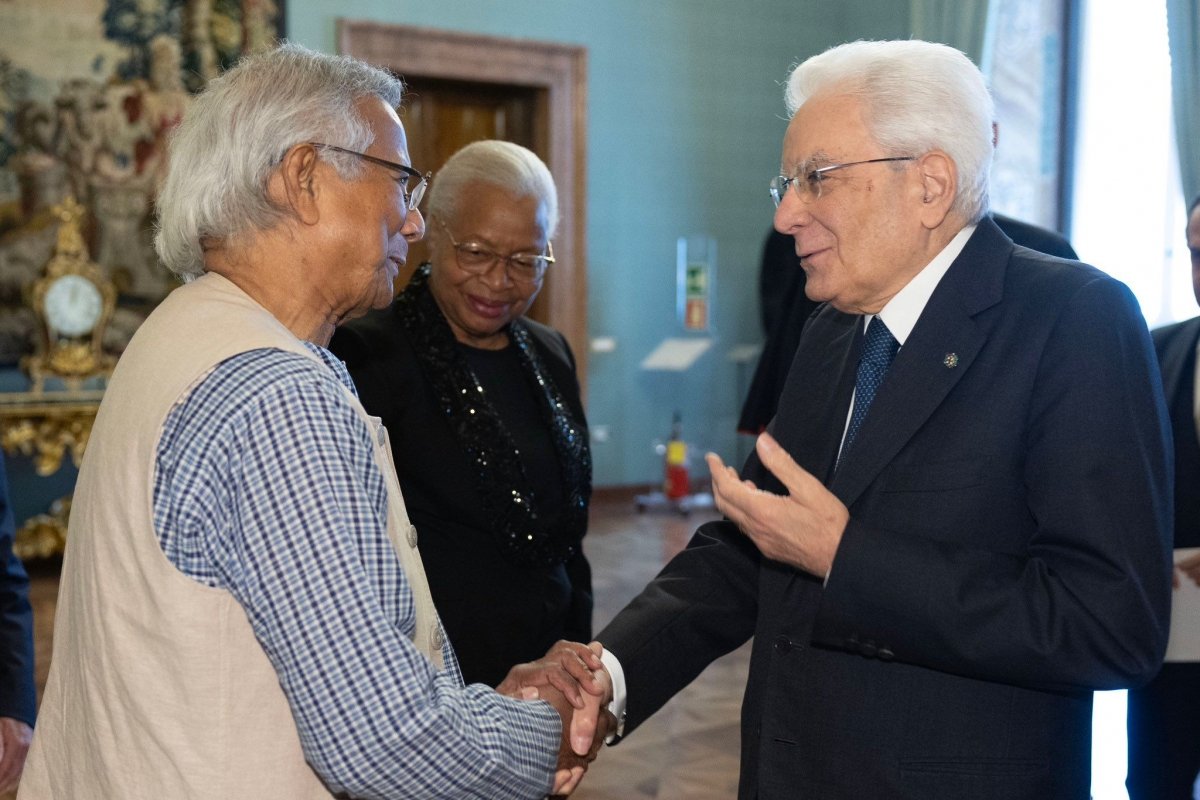Intellectual property waiver for covid-19 vaccines will advance global health equity - Yunus and others in British Medical Journal
Press Release
A temporary waiver of the Trade Related Aspects of Intellectual Property Rights (TRIPS) Agreement for the COVID-19 vaccine is essential to meet the number of doses of vaccinations required to achieve global herd immunity.
An article written by Parsa Erfani, Agnes Binagwaho, Mohamed Juldeh Jalloh, Muhammad Yunus, Paul Farmer, and Vanessa Kerry has been published in the British Medical Journal, on 3rd August 2021 titled " Intellectual property waiver for covid-19 vaccines will advance global health equity" which focuses on the importance of a temporary IP waiver to reach global needs. (https://www.bmj.com/content/374/bmj.n1837.full )
The article states the current vaccination figures show that the percentages of people in high income countries who have been vaccinated is 46% while 20% in middle income countries and 0.9% in low income countries. This is largely due to acquisition of doses by high income countries in large quantities as well as production being restricted to a small number of manufacturers. The article states that a clear scarcity of supply exists, and this exists due to intellectual property (IP) protection which currently restricts production and access to the vaccines.
Donor based models have not worked in reaching the highest risk population, due to underfunding and vaccine scarcity. To meet the current global needs it is necessary to also have production of vaccines in LMICs. A temporary waiver, will enable more manufacturers and result in yielding doses faster.
The arguments against the waiver include, that LMICs have limited capacity to produce such complex vaccines, that a move like this could stifle further biomedical innovation and funding into such research, as there would be no return on investment and cause bottlenecks in the supply chain. However, data does not support this.
Sharing of the technology and the technical know how is crucial in helping to expand production to meet global needs. There are LMICs who have production capacity for complex COVID-19 vaccine production. With the IP waiver, and sharing of all vaccine related knowledge and technology as well as planning, bottlenecks in raw materials can be avoided. The waiver would be temporary thus only affecting the COVID-19 vaccine, and many of the costs of research and development have been recouped. There has also been publicly funded research which laid the ground work for the vaccine. Keeping all things in mind, this seems to be the best way forward in meeting global needs.
Now, it is important that countries need to agree on a temporary IP waiver, in order to ensure the world's population can receive the vaccinations, achieving global herd immunity and facilitating global health equity.
Link to the full article is at this link https://www.bmj.com/content/374/bmj.n1837.full
Related
15th Social Business Day 2025 to be held on June 27–28
Prof. Muhammad Yunus felicitated in Manila on the occasion of his 40th anniversary of receiving the “Ramon Magsaysay” Award.

“র্যামন ম্যাগসাইসাই” পুরস্কার প্রাপ্তির ৪০তম বার্ষিকী উপলক্ষে প্রফেসর মুহাম্মদ ইউনূসকে ম্যানিলায় সম্মাননা প্রদান

Yunus Never Convicted of Tax Evasion. No such case existed. - Rejoinder to Law Minister's statement in Reuters' news
Celebrating a Decade of Impact: The GENKI Program of Grameen Euglena Marks Its 10th Anniversary

গ্রামীণ ইউগ্লেনার GENKI প্রোগ্রাম এর এক দশক উদযাপন

Grameen America Plans to Invest $40 Billion For Underserved Women of USA In Next Ten Years

Yunus on European Social Business Tour: Explaining Autonomous Intelligence, Social Procurement, Nobin Entrepreneurs & Paris Olympics

ইউরোপিয়ান সোশ্যাল বিজনেস ট্যুরে প্রফেসর ইউনূস: অটোনমাস ইন্টেলিজেন্স, সামাজিক ক্রয়, সামাজিক উদ্যোক্তা ও প্যারিস অলিম্পিক আয়োজন চূড়ান্তকরণ নিয়ে বিভিন্ন পর্যায়ে আলোচনা ।

Yunus Meets President of Italian Republic Sergio Mattarella



